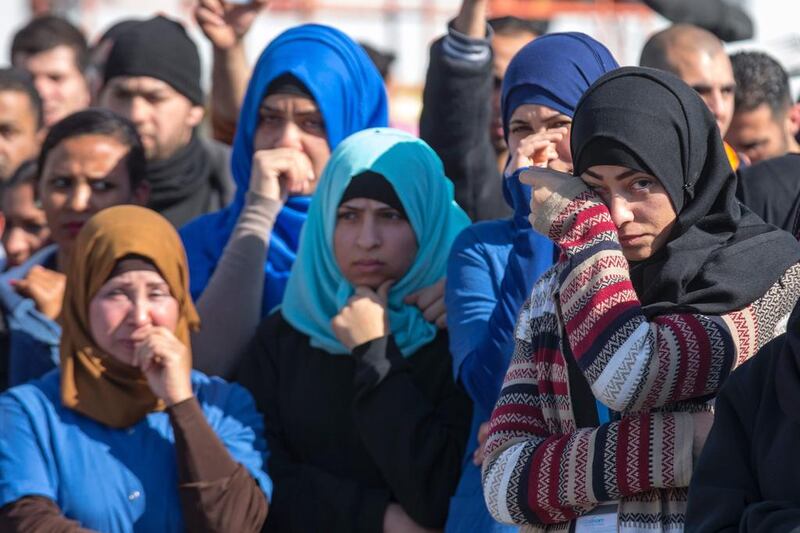After a global campaign to pressure SodaStream, the fizzy drinks manufacturer, to end its operations in the occupied West Bank, the company has officially moved to southern Israel. Activists from the boycott, divestment and sanctions (BDS) movement took the lion’s share of the credit for the campaign after publicising the issue in the United States.
The BDS movement has steadily gained strength and attention since the first call came out of Palestinian civil society in 2005 for a global boycott campaign similar to the anti-apartheid boycott in South Africa. Israel has tried in vain to paint the movement as marginal but the ability of activists to pressure companies such as SodaStream to end their operations in the West Bank demonstrates their power. An important aspect of BDS is getting people generally not interested in the Israeli-Palestinian conflict talking about Israel’s occupation and thinking about non-violent means of ending the oppression that goes on in the West Bank. The conversation is just as important as the action.
Israel supporters have argued that the boycott ultimately hurts Palestinians because they are so connected to Israel’s economy. Indeed, the chief executive of SodaStream, Daniel Birnbaum, has bemoaned the fact that his company has had to fire 500 Palestinians because the Israeli government will not issue them permits to work in his new factory in Israel.
The success of the SodaStream boycott is an important moment in the history of Palestinian resistance. Palestinians are beginning to drive the conversation about their situation. They are setting the terms of their non-violent methods of resistance because they understand best the ramifications of challenging Israel.
When black activists called for an international boycott of South Africa, they also understood the effects such a call could have on their livelihoods. But they asked the international community to support them because the end justified the means. The same thing is happening in Palestine and SodaStream has shown the power of non-violent boycotts.





